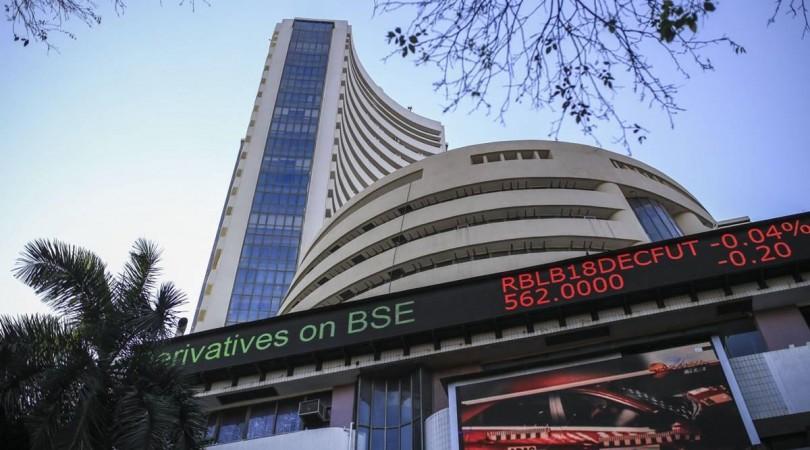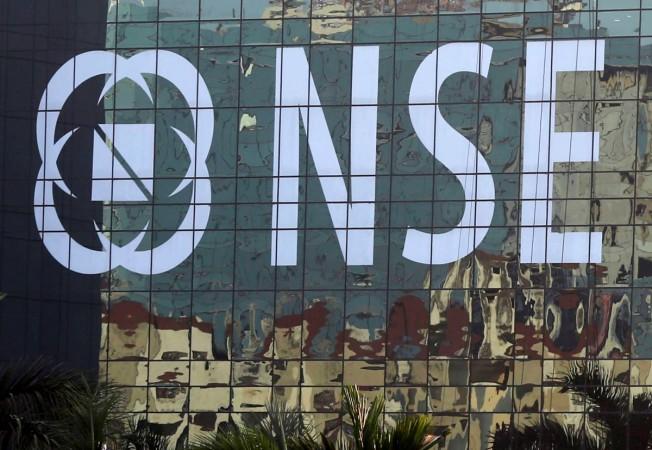The domestic benchmark BSE Sensex and NSE nifty-fifty slumped on Friday, owing to the global uncertainty after a sustained rise of 8 days.
The Sensex is trading at 62,843.39 or down by 440.80 points (0.70%) at 02:00 p.m. and the Nifty is also operating in red at 18,682.60 or down by 129.90 points (0.69%).
The market is anxiously awaiting the monthly non-farm US payroll data, which is scheduled to be released later in the day as it indicates the Fed's stance on future rate hikes. The monthly non-farm payroll data provides an important vantage point to look at the overall macroeconomic condition and future course of monetary policy.
In theory, a rapid increase may lead to higher inflation expectations and the higher-than-usual inflation expectation may lead to higher rate hikes to cool down the economy. The market will respond negatively if the Fed decides to hike above investors' expectations.

V K Vijayakumar, Chief Investment Strategist, Geojit Financial Services, said the declining manufacturing activity in the US for November will positively affect the market by confirming the effects of the Fed's rate hikes in taming inflation.
The 10-year US bond is around 3.43% which is positive news for the equity market because there is an inverse relationship between bond yields and equity returns. The lower return in the debt market compared to the equity market may discourage investors from investing in bonds and divert the capital inflow towards more attractive investment opportunities like stocks.

Despite having some cushioning from lower inflation expectations, some experts believe that market is likely to drift lower and consolidate. As Prashanth Tapse, Senior Vice President for Research at Mehta Equities said, the market is in an overbought technical condition and has been ignoring the recession warning from the US bond market.
Usually, when the bond market assesses that the US economic outlook is bright, it is reflected in the trading activity through higher yields on long-dated bonds compared to the yields on short-dated bonds. The classic recession indicator is when the yield on short-dated bonds outpaces the yield on long-dated bonds.
As recovery is unlikely today, it remains to be seen how the veterans react tomorrow with either massive entry into buying or wait for the next week's performance.














